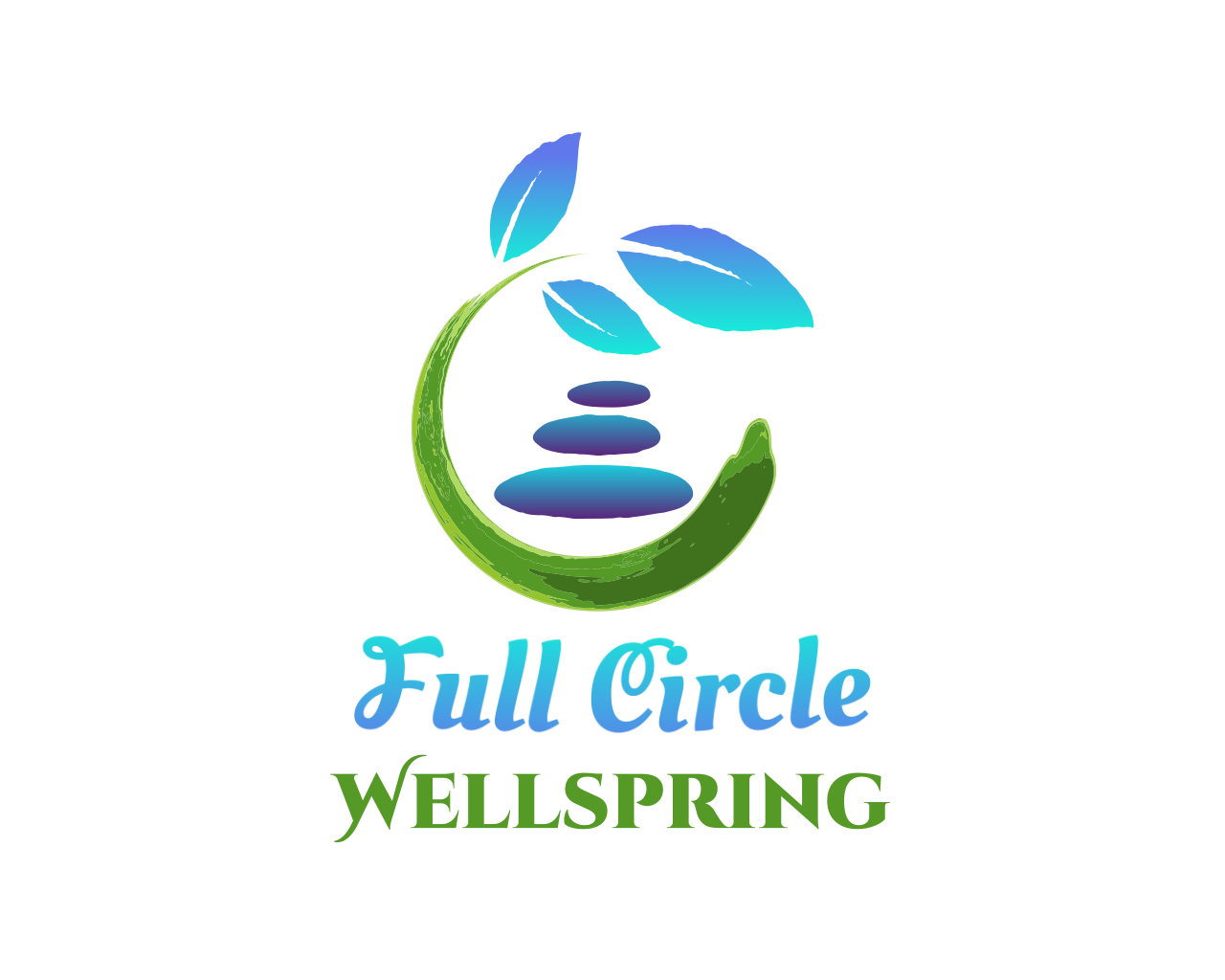Full Circle Fridays|Week 13: Medication
Author Note: If you prefer to listen or watch instead of or along with -
Check out the YouTube video and/or the Podcast audio.
First thing to say is a disclaimer. I am not a physician or medical provider. I am not recommending any kind of self-diagnosis or self-medication. I will never recommend trying anyone else’s prescription drugs or the use of street drugs or any kind of illegal activity surrounding this topic. This is merely a base of information for trauma survivors and an attempt to help bring light to psychiatric issues as well as remove any stigma in discussing this. If you believe you have a diagnosable condition or need a psychiatric evaluation for medication, please contact your medical provider, therapist, health insurance company, or send me a message on the “connect” tab of my website for more info or help pursuing this. With all that said, this topic may be triggering or sensitive to certain listeners/readers, so take care of yourself after this.
Trauma has a number of after effects including but not limited to: relational, emotional, neurobiological, biological, sexual, psychosocial, intergenerational, and psychological. There’s no way around this. Trauma changes you — inside and out. There’s no way to tell whose trauma is going to wreak havoc on the body and get stuck in the GI tract, where someone else might suffer sleeping issues, another has structural changes to the brain, where another person becomes extremely avoidant of other people, and then some survivors have a psychiatric disorder or diagnosis. There is no shame in whatever happened to you because of your trauma. Your trauma or abuse was not your fault. None of it — in no way, shape, or form. What happened to you and how your system responded to it is nothing to have a stigma about. A childhood abuse survivor may have a hyper-aroused, overactive nervous system that ends up presenting after years and years as an autoimmune disorder. The truth of the matter is — the body and brain can only handle so much stress, traumatic events, and abuse. You were not meant to go through what you went through. While some have an autoimmune complication from their trauma, you may have a psychological complication from yours. It’s as simple as that.
Here, I can only offer you support and encouragement to not be afraid or ashamed to ask your medical provider to get you the help that you may desperately need. Psychiatric issues like anxiety, depression, personality disorders, DID, bipolar, and OCD are all manageable chronic conditions. Finding a medication that works for you to help treat the symptoms while you work on therapeutic interventions, somatic treatments, and rewiring the brain is very important. For some survivors, unashamedly, they need to be on medication for the long haul. There is no right or wrong way to your care. We often talk about the proper regimen for each survivor. Something that may be a lifesaver to one may be a triggering intervention for another. There is no black and white answer to your situation. Each trauma survivor has their own needs, has to make their own attempts at progress, and will find their own path eventually. What we know to be true is that generally speaking many psychiatric drugs take time to work and also often take many tries to find the right match for each person. This is something we must be patient about, and it’s very normal to get discouraged from time to time during the process.
Because trauma can alter the brain and damage the way the nervous system functions, mental health struggles are a very common problem among survivors. Psychotropic medications can help untangle addictions, calm hyperactivity, improve depressive symptoms, regulate hormone levels in the brain, and normalize thought processing, etc. It’s also VERY important to add a disclaimer that psychotropic drugs can trigger or increase suicidal ideation. Please make sure you are totally honest with your medication provider about how you are feeling once you begin a new type of medication. Be truthful with all of your symptoms in your body and mind so that the physician can help weed out medications that may not be worth risking trying for you as well as to increase the ability to find the medication(s) that will work best for your conditions. Please be sure to show up to each follow up appointment and list any new or worsening symptoms. Talk with your therapist or coach if you are starting to feel unwell, having any unpleasant side effects, and/or are experiencing any suicidal ideation. The more professionals that are involved in your care, the more people who are able to help you in any crisis and to help you as you regulate on these medications.
This episode is way too limited about all the things that a survivor needs to know about psychological aftereffects from their trauma. This is just a basic overview to shed some light on what might be going on with you personally and where to start to get help. This can be overwhelming if you’ve never yet been formally diagnosed with any psychiatric conditions. Please reach out to someone to start investigating this. If you don’t have anyone, please send me a message, and I’ll try to resource you in any way I can. You are not alone, and there is help available to you. I can promise that.

